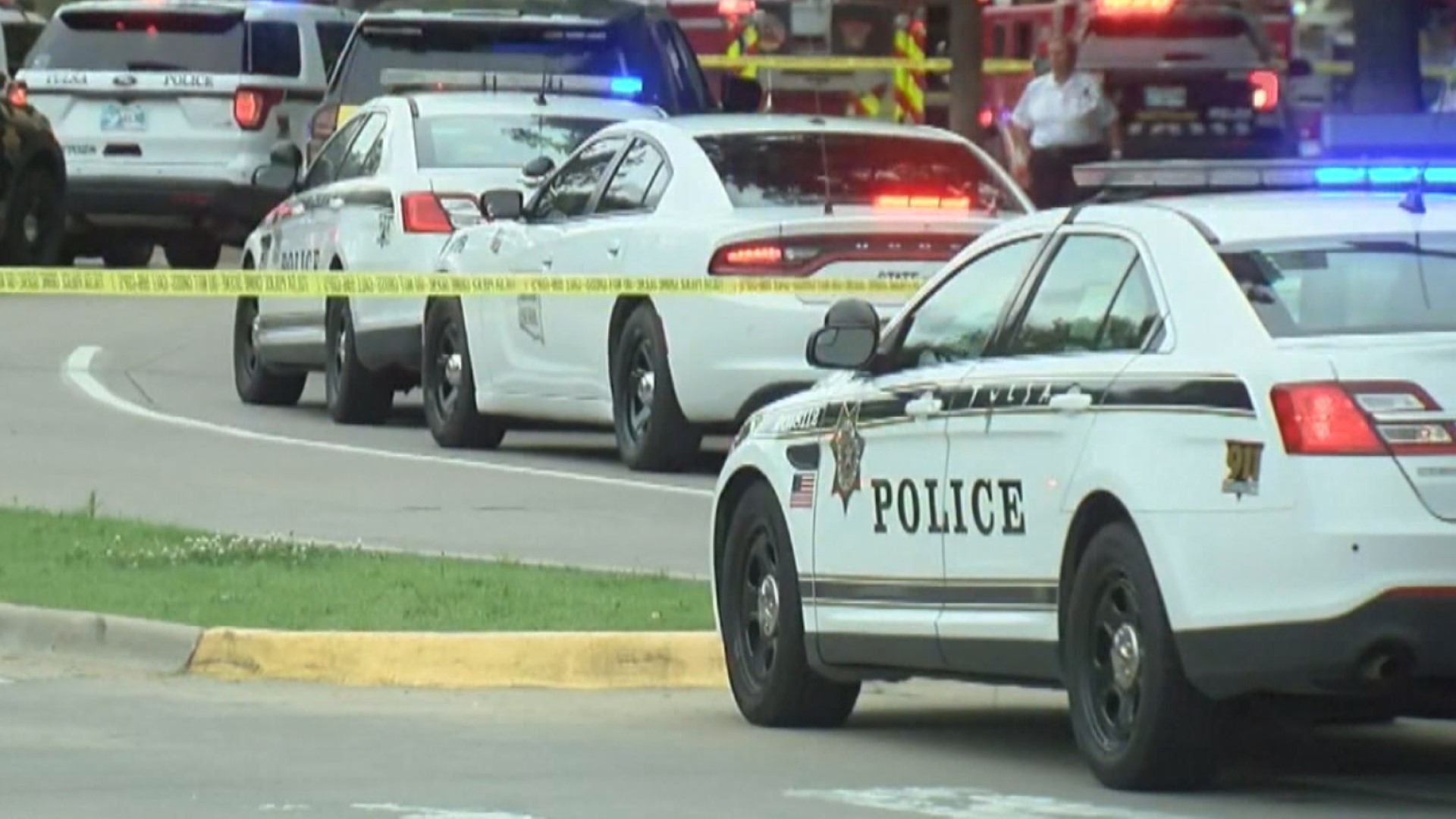MINNEAPOLIS — The deadly shooting at a Tulsa hospital has put a spotlight on the safety of hospital patients and the employees who work in these buildings every day.
In Minnesota, there is a large team of experts who have spent their entire careers contemplating this issue.
“There’s a lot that goes on behind the scenes to make things work well and to keep people safe,” Regional healthcare Preparedness Coordinator Jonathan Bundt said.
Bundt and his colleague, Seth Jones, are part of the Metro Health and Medical Preparedness Coalition, which is a team of security experts, first responders, law enforcement officials and hospital administrators, who represent 30 hospitals across the Twin Cities.
"Healthcare systems compete for patients, but in our field, we don't compete at all," Bundt said. "We work together. We share plans."
Together they train, plan and prepare for every emergency imaginable.
"We do lots of drills and exercises, and specifically ones relating to what happened in Tulsa,” Bundt said.
A shooting that bears a striking similarity to what happened at an Allina Clinic in Buffalo last year, where authorities say a frustrated patient, Gregory Ulrich, went to the clinic to cause chaos.
"The whole metro stood up and were there to support Allina,” Hospital Emergency Manager Seth Jones said.
Both Jones and Bundt responded to that shooting.
They say every hospital worker they train in their region learns how identify patients and workers who may consider harming others, and how to report those people to security.
"Most of the time it's to help somebody, to get them mental health support, or whatever that support might look like, before they have that opportunity to escalate,” Bundt said.
The coalition also works with hospitals to improve their security, but when it comes to things like metal detectors and armed guards, Jones says it's up to the hospitals to decide and it's a balancing act.
"You want those safety and security measures in place while maintaining a welcoming environment,” Jones said.
“You want to have the doors open, but at the same time, how is that going to look? How are you going to keep the staff and patients safe?” Bundt adds.
Both men spend countless hours working with hospital workers and law enforcement officials to plan and prepare for every emergency that can happen, but they say no matter how much work you put in, you can’t prevent every bad thing from happening.
"The bottom line is you don't know what issues someone has when they walk in that door. Unfortunately, our world has created a great deal of complexity and stress,” Bundt said.
So, part of their job is always looking forward, always learning new things to keep people safe.
“It’s becoming more complex, literally, every day. We always are thinking about how to do it better,” Bundt said.
The Metro Health and Medical Preparedness Coalition represents seven counties in the Twin Cities metro. There are seven other coalitions just like it that cover the rest of Minnesota. These coalitions are all working together to host a conference in the Twin Cities next week that focuses on health care security.
The event was scheduled long before this most recent shooting in Tulsa, but Bundt and Jones say the topic will definitely come up during the conference as they and other professionals work to keep hospital workers and patients safe.
Watch more local news:
Watch the latest local news from the Twin Cities in our YouTube playlist:

